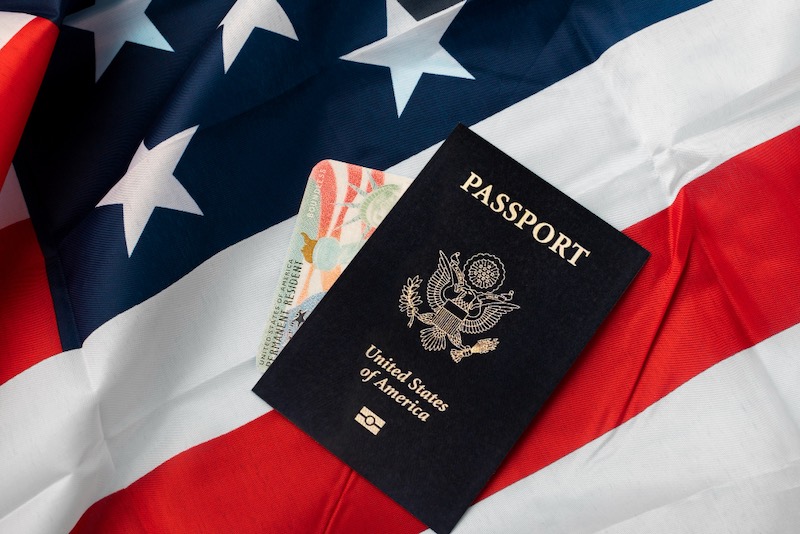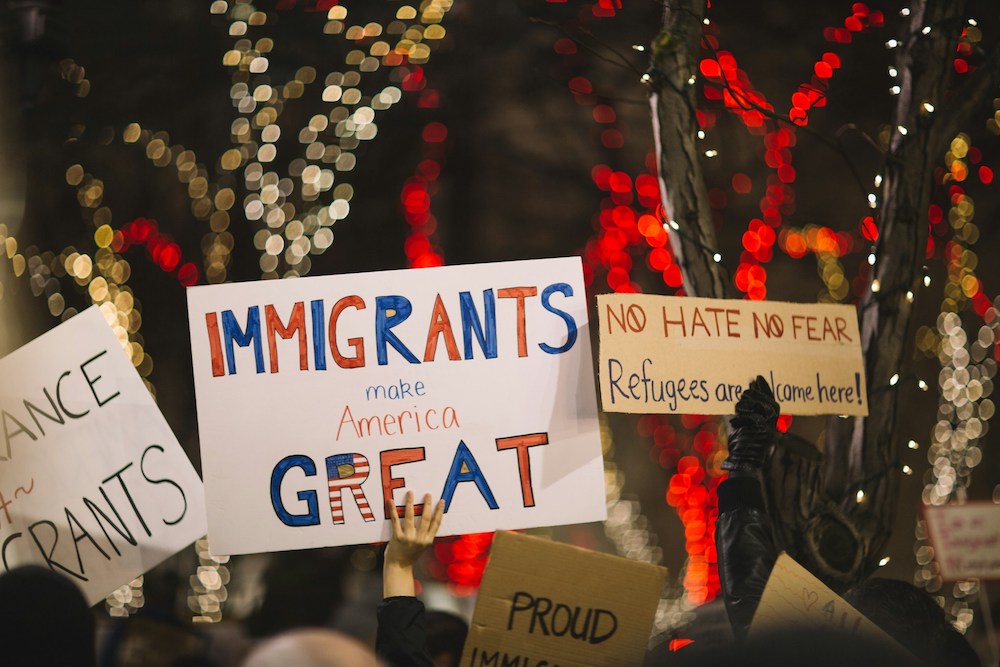These days, “love” alone isn’t always enough to satisfy the United States Citizenship and Immigration Services (USCIS). As we move through 2026, USCIS has significantly sharpened its focus on marriage fraud, implementing stricter form requirements, updated guidance, and more aggressive vetting procedures.
For couples pursuing a family-based green card, understanding this heightened scrutiny is the first step toward a successful application. Below, we break down why the “stakes” have changed and how you can protect your future together.
The New Reality: Heightened Enforcement
Recently, USCIS and the Department of Homeland Security have reached major enforcement milestones, referring tens of thousands of suspected fraud cases to law enforcement. Programs like “Operation Twin Shield” have targeted marriage fraud specifically, leading to an uptick in site visits and the dreaded “Stokes Interview”—where couples are questioned in separate rooms to see if their stories align.
The message from the government is clear: USCIS is no longer just looking for a marriage certificate; they are looking for a shared life.
3 Ways Scrutiny Has Intensified in 2026
- Strict Form Compliance: USCIS now enforces a “no grace period” policy for many form editions. Using an outdated version of Form I-130 or I-485 can result in immediate rejection of your entire package.
- The Rise of Site Visits: Officers from the Fraud Detection and National Security (FDNS) Directorate are increasingly conducting unannounced home visits. They may check closets and medicine cabinets, and speak to neighbours to verify that you truly live as a married couple.
- Digital Footprint Analysis: Adjudicating officers may now review public social media profiles to ensure your “online life” matches the timeline and relationship status presented in your application.
Identifying “Red Flags”
A “red flag” doesn’t mean your case will be denied, but it does mean USCIS will look closer. If your case includes any of the following factors, you must be prepared to provide extra evidence of your relationship’s legitimacy:
| Scrutiny Factor | Why USCIS Flags It | Recommended Preparation |
|---|---|---|
| Short Courtship | Suggests a “marriage of convenience” for a visa. | Detailed timeline of your romance, photos, and travel logs. |
| Living Apart | Couples are generally expected to reside together. | Provide evidence of why (e.g., school/work) and frequent visits. |
| Large Age Gap | Statistics-driven skepticism of “non-traditional” pairings. | Focus on shared interests, hobbies, and social integration. |
| No Shared Language | Raises questions about how the couple communicates. | Proof of language classes or consistent communication apps. |
| Previous Petitions | Could signal a pattern of green card filings. | Full transparency and records of all prior legal filings. |
How to Prove Your Marriage is “Bona Fide”
To overcome this scrutiny, your application must go beyond the basics. While wedding photos are helpful, financial co-mingling remains the “gold standard” for USCIS. We recommend preparing:
- Joint Financial Records: Bank statements showing active monthly use by both parties, joint tax returns, and shared credit card accounts.
- Proof of Shared Residency: A joint lease, mortgage, or utility bills in both names.
- Life Integration: Being named as each other’s primary beneficiaries on life insurance or 401(k) plans.
- Third-Party Affidavits: Sworn statements from friends and family who can testify to the authenticity of your relationship.
Don’t Leave Your Future to Chance
The increased scrutiny on marriage fraud means that even the most genuine couples can face delays or denials due to simple paperwork errors or insufficient evidence. In this high-stakes environment, being “mostly” prepared isn’t enough—your case needs to be airtight.
Ready to Protect Your Future Together? The path to a family-based green card is more scrutinized than ever. Don’t let a documentation error or a misunderstood “red flag” jeopardize your life in the United States. At Casais Law, we provide the strategic guidance and meticulous preparation you need to face USCIS with confidence.
Schedule your strategy session today. Contact Casais Law Online. Call Us Directly to Start Your Journey
Marriage Fraud in Family-Based Cases FAQs
Does a “red flag” mean my green card will be denied? A: Not necessarily. A red flag simply means USCIS will require more robust evidence to prove the marriage is “bona fide.” With the right legal preparation, many cases with red flags are successfully approved.
Can USCIS really visit my home unannounced? A: Yes. Officers have the authority to conduct site visits to verify that a couple is residing together as claimed in their petition.
What is a “Stokes Interview”? A: This is a secondary, intensive interview where the couple is questioned separately. The officer compares answers on daily routines, family details, and shared history to identify inconsistencies.









